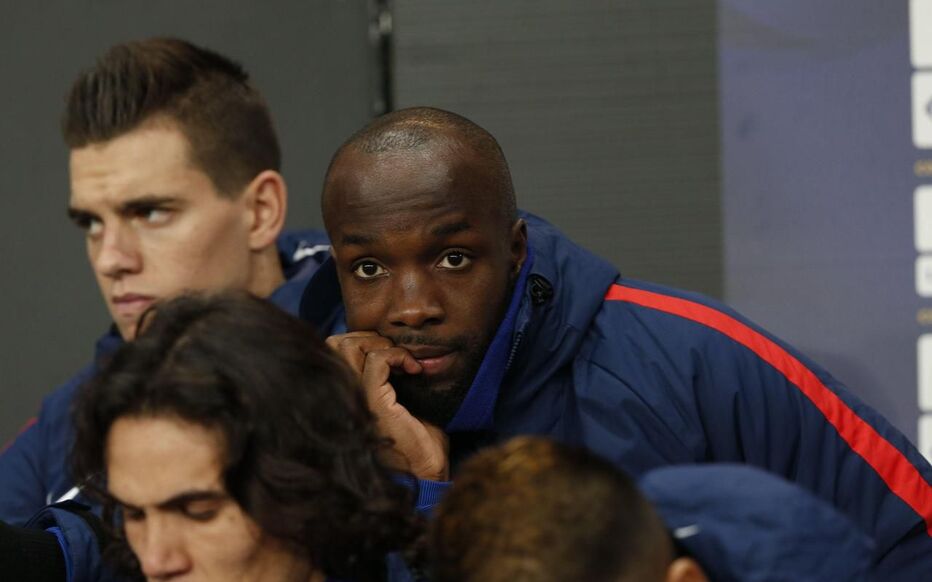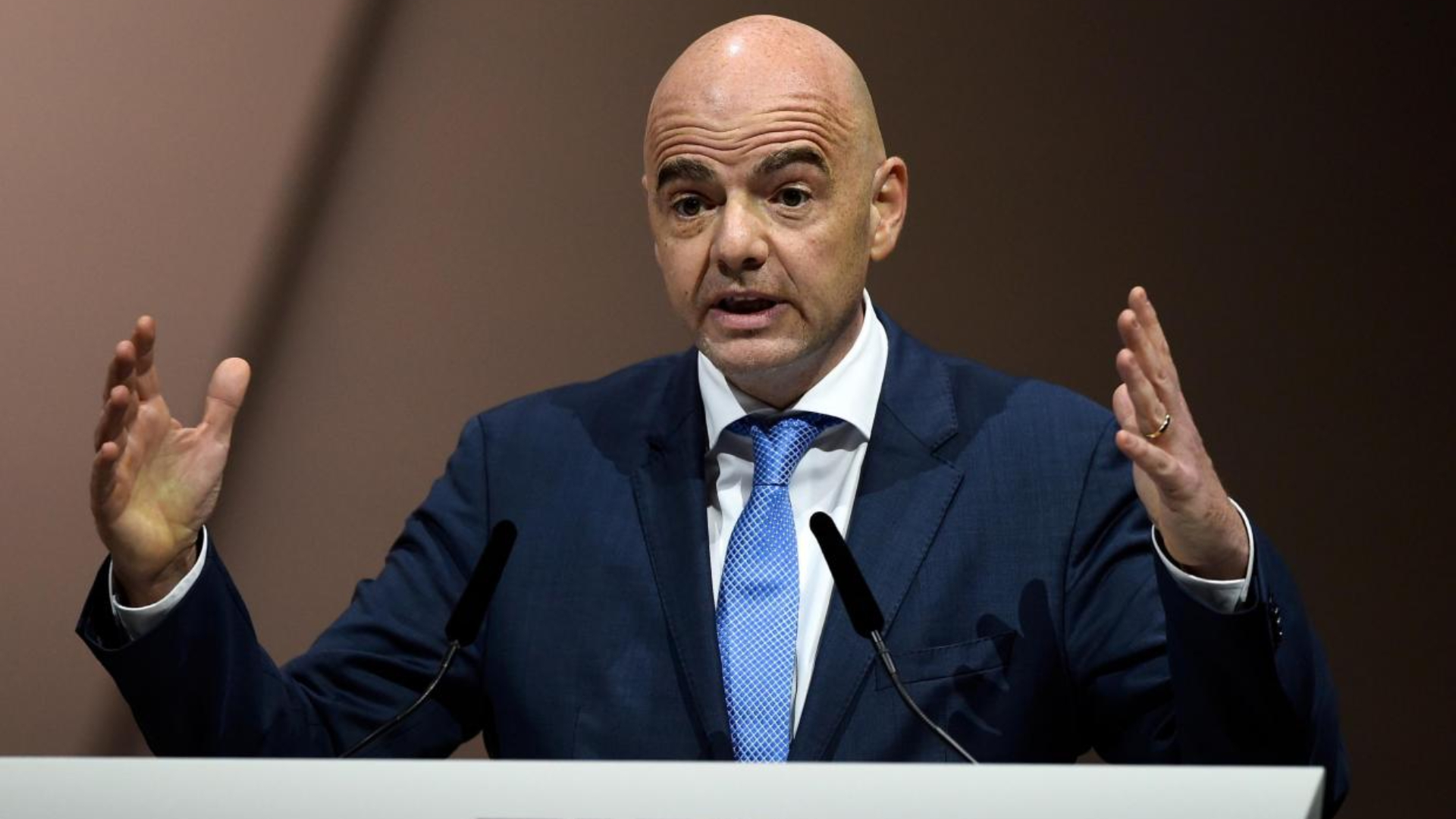This Tuesday, FIFA announced a historic decision in the wake of the Lassana Diarra case, which recently shook the transfer system.
In October 2024, the Court of Justice of the European Union (CJEU) ruled that certain FIFA regulations, particularly those concerning transfer fees and clubs’ financial solidarity, were incompatible with European law. This decision stemmed from a dispute between Lassana Diarra and his former club, Lokomotiv Moscow.
The Dispute Between Diarra and Lokomotiv Moscow

In 2014, Lassana Diarra, then a player at Lokomotiv Moscow, sought to terminate his contract following a salary reduction. However, the club demanded €10.5 million in compensation for what they deemed an unlawful breach. This hefty fee deterred Sporting Charleroi from signing Diarra, fearing financial sanctions. The case highlighted the legal barriers FIFA’s rules impose on player mobility.
CJEU Ruling Criticizes FIFA Transfer Regulations
The CJEU found that these regulations restricted the free movement of players within the European Union. By creating unpredictable financial and legal risks, they limited cross-border competition among clubs. This judgment has led to calls for a significant overhaul of FIFA’s regulatory framework.
Immediate Suspension of Transfer-Related Cases
In response, FIFA has suspended all ongoing cases related to these rules, marking a turning point in the transfer market. This suspension, effective until further notice, could reshape transfer mechanisms starting with the winter 2025 window. Players may now leave their clubs without financial penalties, and sanctions against clubs or players violating the rules will be temporarily frozen.
Toward a Revamp of the Transfer System
While FIFA has not ruled out reinstating the rules after adjustments, this decision reflects its intent to align with European legal standards. If the planned changes take effect, they could reduce barriers to player mobility and boost cross-border exchanges between European clubs.
The Diarra case, beyond its individual impact, appears to be the catalyst for a major reform that could redefine the future of transfers in professional football.

Leave a Reply